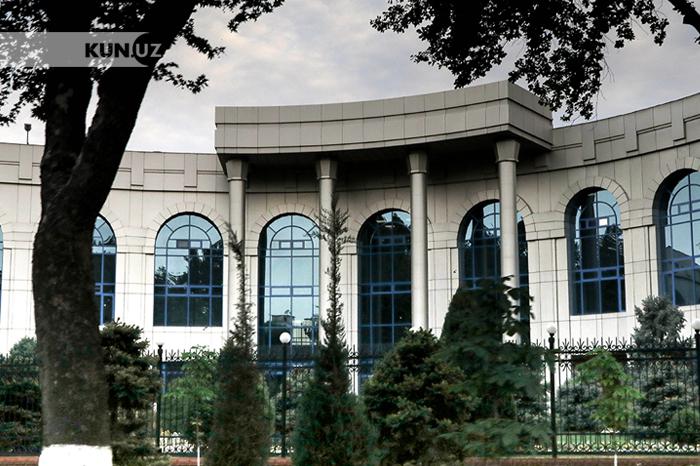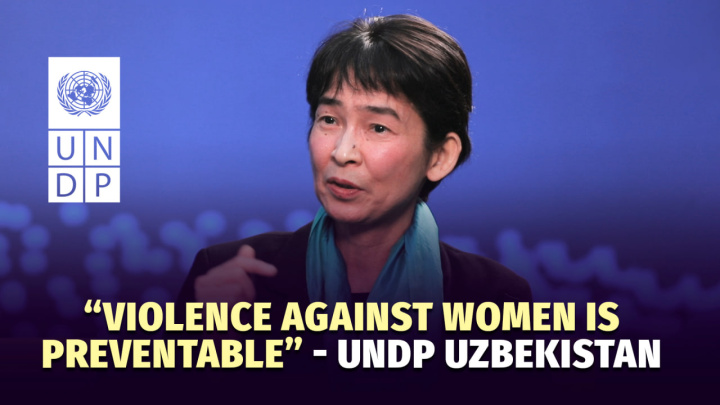Uzbekistan had a complicated system of taxation of personal incomes, which forced entrepreneurs to pay for the work of their employees “under the table” schemes. Chief Inspector of the Office for the Taxation of Incomes at the State Tax Committee (STC) Komil Sayidov writes about it in his article published on UzA.
In 2018, the tax for an income from one to five minimum monthly wages was 7,5%, from five to ten minimum monthly wages – 16,5%, from ten or more MMW – 22,5%. Calculation of these taxes on an ascending scale were complex and confusing. In addition, an 8% compulsory insurance payment was charged to the off-budgetary Pension Fund.
In accordance with this procedure, a large part of the tax burden levied on wages was borne by employers – entrepreneurs, private business and small businesses. A tax of up to 300-450 thousand soums was collected from 1 million soums calculated on an employee. As a result, very heavy tax burden discouraged employers from the desire to create new jobs, as well as to pay large wages to their employees.
“To avoid these payments, they chose other ways – paying wages in an “envelope” in cash, hiding the actual number of employees and transferring functions not related to the main activity of the enterprise — cleaning, information technology, security, logistics, marketing-outsourcing services on the basis of contracts,” Mr. Sayidov writes.
According to him, this state has reached such an extent that the number of legal taxpayers in the republic with more than 13 million able-bodied population was only 4,6 million. In the shadow economy, there were millions of citizens who earned money, but at the same time, they did not officially work anywhere.
As a result, they could not enjoy the protection of trade unions, could not receive mortgage loans, did not receive a pension in the future – they were not covered by the benefits provided by labor legislation.
In compliance with the reforms in tax policy, the situation has changed: the tax burden has been reduced. Simple, transparent and most importantly, convenient, as well as fair tax rates are set for both an employee and employer, the State Tax Committee said.
From January 1, 2019, a single 12% tax rate on personal income has been determined. Meanwhile, worldwide, the average size of this tax is 20%.
“The current simplification of the income tax is the most acceptable option for countries such as ours, where the economy is in the development stage and large-scale reforms are underway. Let us give one example: in 2001, transfer of tax on income from a progressive scale to a simplified procedure brought Russia success within one year and increased the tax base from the labor fund by 50%,” the article notes.
State Tax Committee: The old tax system has encouraged wages to be given in envelopes

News feed

Appeals court upholds convictions in “Saidaziz Medgorodok” case
19:10 / 27.11.2024
500

Kazakhstan temporarily restricts re-export of Russian grain to Uzbekistan and China
19:09 / 27.11.2024
519

Violence against women is preventable: it shouldn’t be the norm – UNDP Uzbekistan
18:16 / 27.11.2024
489

Uzbekistan plans to boost night economy with 24/7 public transport and dining options
17:31 / 27.11.2024
477

